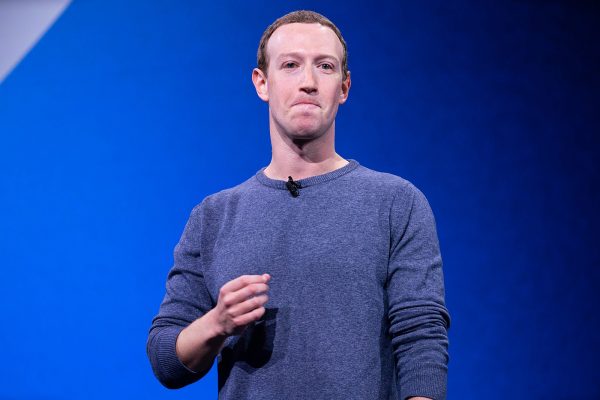
A federal appellate court’s decision to rehear a case in which a controversial provision of 1996’s Communications Decency Act protecting Big Tech firms from civil suits because they are “distributors of content” rather than “publishers” is giving people hope the recent wave of Internet censorship may soon end.
The U.S. Court of Appeals for the Second said July 16 it would rehear the arguments “en banc” following a ruling by a three-judge panel that upheld a lower court’s decision in Dorman v Vimeo, in which it was argued the tech platform was insulated from liability after it terminated the video streaming feed of a group posting videos of individuals saying they’d abandoned homosexuality to pursue a Christian way of living.
Vimeo, the Epoch Times reported, argued successfully its terms of service agreement prohibited the streaming of materials promoting “conversion therapy,” a controversial technique legislators in several blue states are currently trying to ban, especially for children under the age of 18. Others including the plaintiff argue however that the tech firm’s action is censorship and is damaging in both the legal and common sense of the word.
Robert Tyler, general counsel for the Advocates for Faith & Freedom said the decision to have the appeal reargued in front of the entire court puts the immunity provision of Section 230 “in the crosshairs of judicial review.”
“Section 230 was not intended to give Big Tech the right to exclude persons from their platform just because the customer is black, Muslim, white, Christian, homosexual, or formerly homosexual. That is plain invidious discrimination,” Tyler said.
The case is important because the digital age has moved the public square from inside the local community to well out into cyberspace. Facebook and Twitter are now the host of the national conversation, fueled by information people gather by using search engines like Google. This is a new reality, leaving more than a few conservatives fearful their opinions and publications and websites are being censored by the “woke” individuals inside the Big tech companies that make decisions about search engine rankings and what can be seen.
The appellate court’s latest action suggests Section 230, which many of its critics believe is the legal justification for online censorship, may not long survive. It is rare for an entire appellate court to rehear a case just to reaffirm a three-judge panel’s decision. Even if it doesn’t, however, those who follow tech platforms and the laws that govern them say there is no guarantee the censoring of individual messages, the de-platforming of people like former President Donald J. Trump, or the termination of services would come to an end if this one part of the CDA is ruled unconstitutional.
Without Section 230 protection – or something like it – platforms and Internet service companies might someday be held responsible for what appears on screens and servers in much the same way the publishers of newspapers are responsible for what appears in print. Not that it would get anyone very far. The bar for proving damages in cases where libel or defamation are alleged was high even before the United States Supreme Court sent it into the stratosphere in its 1964’s Times v Sullivan decision.
Now, the standard of proof in such cases is so rigorous it is rarely met and, even if it is, the requirements involved in proving damage are so onerous as to hardly be a deterrent to sloppy reporting, deliberate maligning, and censorship.
Trump’s recently announced class-action suit against Big Tech CEOs over his de-platforming may be another matter. He contends his first amendment rights were violated following the disruption inside the U.S. Capitol on Jan. 6 by these companies acting as agents of the federal government. If he can prove that to be the case, it invokes constitutional scrutiny and potentially tilts the outcome in Trump’s favor.
Ultimately, the court will probably rule in a way that protects the most speech for the most people. The first amendment is an American absolute, not necessarily applicable in all cases – the government can’t imprison me over what I tell my children – but we generally believe as a country that even private institutions should give the amendment due deference. If Big Tech can be shown to have failed in this regard, the consequences could be interesting.